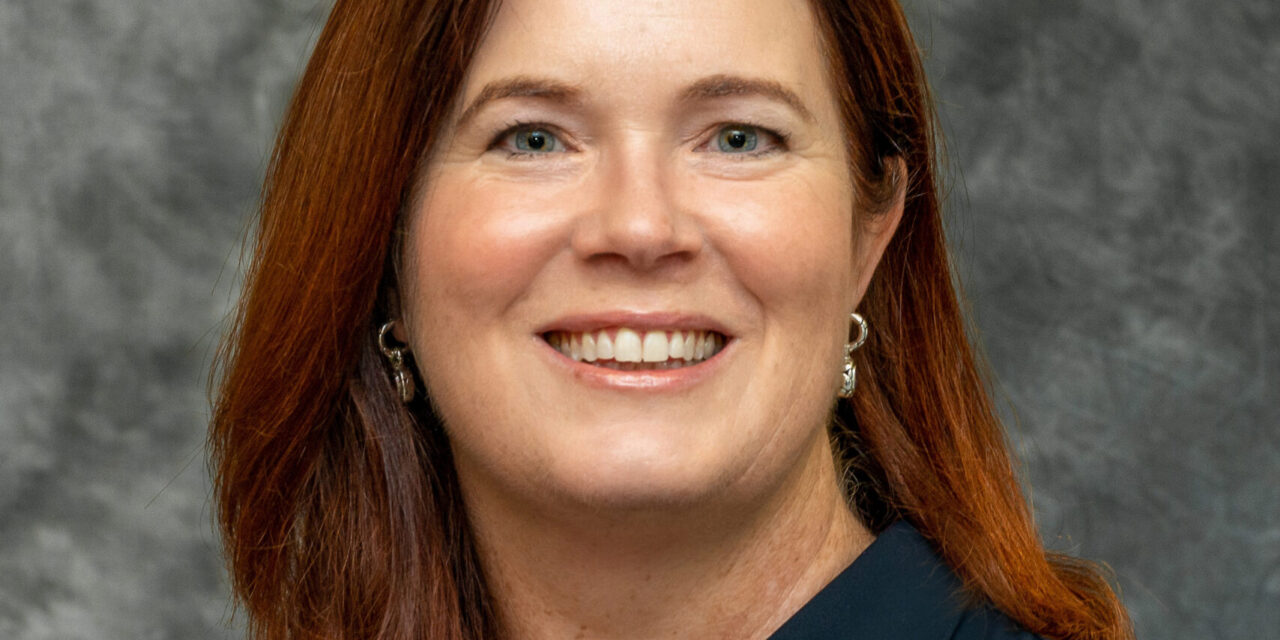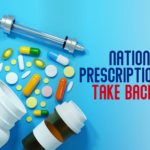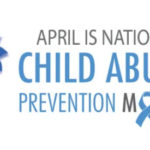By Peter Kates
Approximately 10,000 New York state residents are waiting for transplants of organ, eye, and tissue donations that could save their life or make their quality of life better, according to a review of state data by Univera Healthcare. The majority need a kidney — more than 7,200 New Yorkers undergo dialysis treatment while they wait for a donor.
“Time will run out for many of these people,” says Lorna Fitzpatrick, MD, vice president medical affairs and senior medical director at Univera Healthcare. In 2021, a typical year, 820 individuals in the state, including several under the age of 18, were removed from transplant waiting lists because they became too ill to undergo a transplant procedure, or they passed away before an organ became available.
“New York has the third highest need for donors in the country, yet the second lowest percentage of registered donors,” says Mark J. Simon, president of ConnectLife. “It is vital that we continue to raise awareness about the need for donation, and increase enrollment on the Donate Life Registry in an effort to save lives across our community.”
More than seven million New Yorkers have chosen to be organ and tissue donors by enrolling on the State’s Donate Life Registry, which is less than half the number of state residents who are eligible to donate.
All New York state residents aged 16 and older can enroll to donate their organs, eyes, and/or tissues after their death.
“The simple act of registering to be an organ donor can impact many lives in the future,” says Fitzpatrick. One organ donor can save eight lives and heal 75 more through eye and tissue donation. Donatable organs include the heart, kidneys, pancreas, lungs, liver, and intestines. Donatable tissues include the eyes/corneas, skin, heart valves, bone, blood vessels, nerve, cartilage, and connective tissues.
Registration is a legal document ensuring the person’s wish to be a donor is carried out. Family will be told of the decision and given information about the process, but their permission is not needed for the donation to proceed.
New York state allows people to register as organ and tissue donors through the Department of Motor Vehicles when you apply for a driver’s license or permit, through the Board of Elections when you register to vote, and through the New York State of Health Marketplace when you sign up for, or renew, health insurance. You can also complete a paper or online registration form or check to see if you’ve already registered to be an organ donor at www.DonateLife.NY.gov.
April is National Donate Life Month. Learn more about organ and tissue donation, and the donor registry, at www.ConnectLife.org.
Peter Kates is Vice President Communications at Univera Healthcare.












